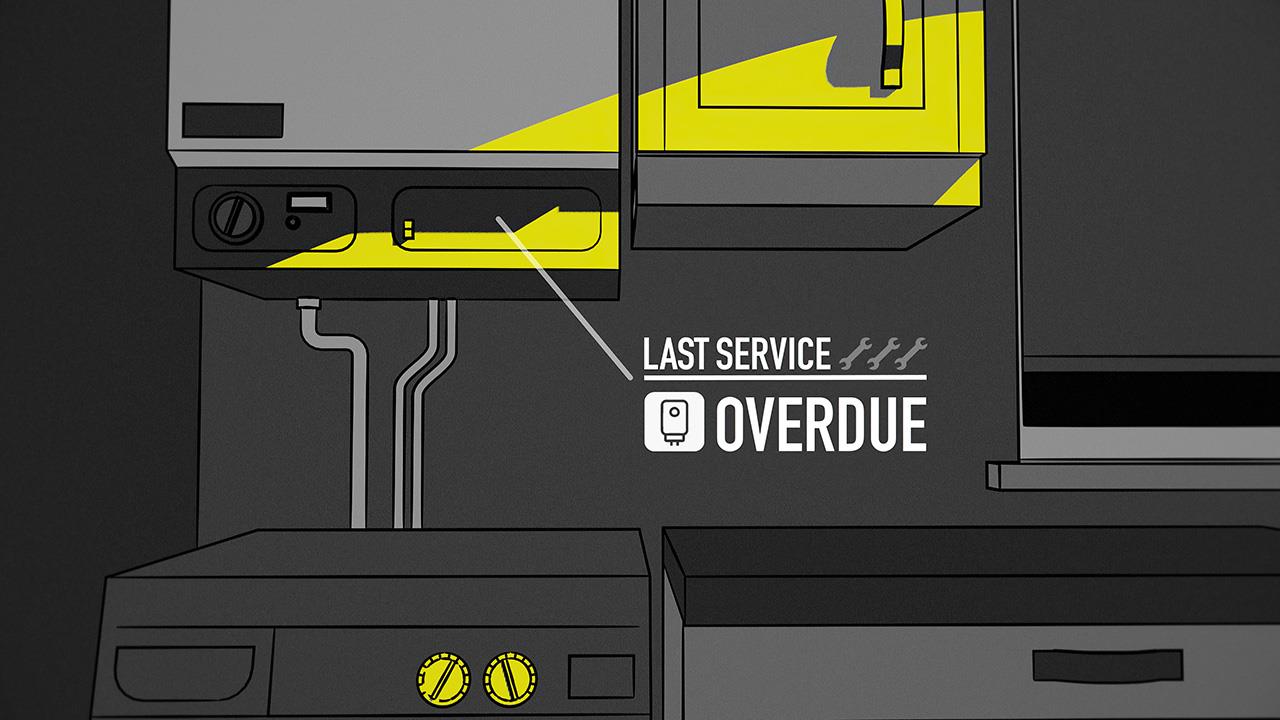

Gas Safe Register research, released today to mark the launch of Gas Safety Week (14-20 September 2020), shows that closer communities forged over lockdown look set to stay – with more than two in five people (43%) feeling an increased responsibility for the health and wellbeing of their neighbours since the start of lockdown, and over half (57%) saying they are taking better care of themselves specifically so they can do their part to protect the health of their neighbours.
However, as new inspection data from Gas Safe Register reveals, one in every five homes on the average British street houses at least one dangerous gas appliance, experts are calling on neighbours to consider not just the health of those they live nearest to, but also their safety by warning of The Ripple Effect – the devastating impact that one innocent gas safety slip can have on the whole community.
Speaking from personal experience, Paul Hull, a Gas Safe-registered engineer from Surrey, says: “The Ripple Effect is very real when it comes to the wider impact of unsafe and faulty gas appliances within our own homes and our neighbourhoods. Left unserviced and unchecked year-on-year, appliances such as cookers, fires and boilers, can pose life-threatening risks, which can lead to – in some extreme instances – fires and explosions.
What not many people do not realise, is that such incidences can also have a devastating ripple effect within their communities – from the potential of major structural damages to other homes in the area, to the disconnection of gas supplies for a number of weeks, which can be particularly distressing during the winter months. This is why it’s vital that people get clued up on how to stay gas safe within their homes– to help protect both themselves, their neighbours and loved ones.”
As well as highlighting a heightened sense of neighbourhood connectedness and responsibility, Gas Safe Register’s new study conducted with 2,000 adults also underlines knowledge gaps that risk thwarting people’s desire to keep their neighbours safe.
Despite this newly found and invigorated community spirit, when quizzed on gas safety, Gas Safe Register’s research shows that a lack of awareness of the signs and symptoms of unsafe gas, could be jeopardising people’s ability to responsibly look out for their neighbours. Fewer than one in 10 people (9%) reported being very confident of being able to spot the signs of unsafe gas and, when put to the test, just 5% could correctly identify the six main signs of a dangerous gas appliance. Just a third correctly identified escaping gas as having a rotten egg odour.
To address this, and encourage people to take action to protect both themselves and their local communities, Gas Safe Register has worked with gas safety experts and first responders to create a short film based on real situations, that brings to life the importance of everyone taking responsibility for gas safety in their own homes and wider neighbourhoods.
Set on a quiet suburban street, The Ripple Effect depicts the devastating physical, emotional and psychological impacts that an innocent gas safety slip in any one home can have on the wider neighbourhood.
Jonathan Samuel, Chief Executive at the Gas Safe Register, said: “In the current climate, with so much to contend with, it’s easy to understand why people may overlook the importance of having gas boilers and household gas appliances serviced.
"However, today’s new research really shines a light on the knowledge gaps that still exist when it comes to the awareness of the signs and symptoms of unsafe gas appliances, which could be jeopardising people’s ability to responsibly look out both for their families, as well as their neighbours. Now, more than ever, it’s important that homeowners up and down the country are not unwillingly playing host to potentially life-threatening risks that could have a ripple effect within their neighbourhood, through faulty gas appliances.
"I would encourage everyone who does have gas appliances within their home, to book in their annual gas safety check with one our Gas Safe Registered engineers.”
For more information about Gas Safe Register's campaign, click here.
If you'd like to keep up-to-date with the latest developments in the heating and plumbing industry, why not subscribe to our weekly newsletters? Just click the button below and you can ensure all the latest industry news and new product information lands in your inbox every week.